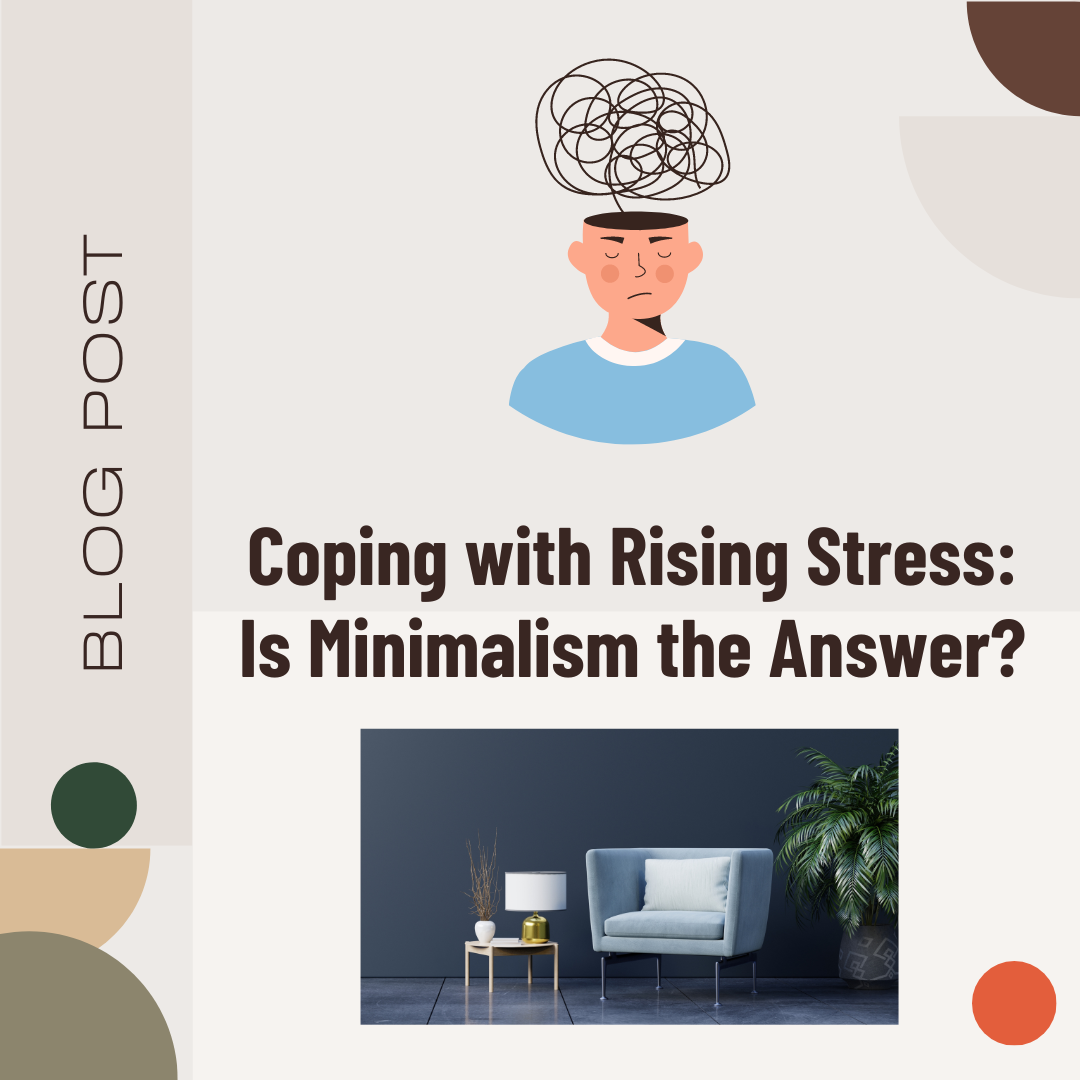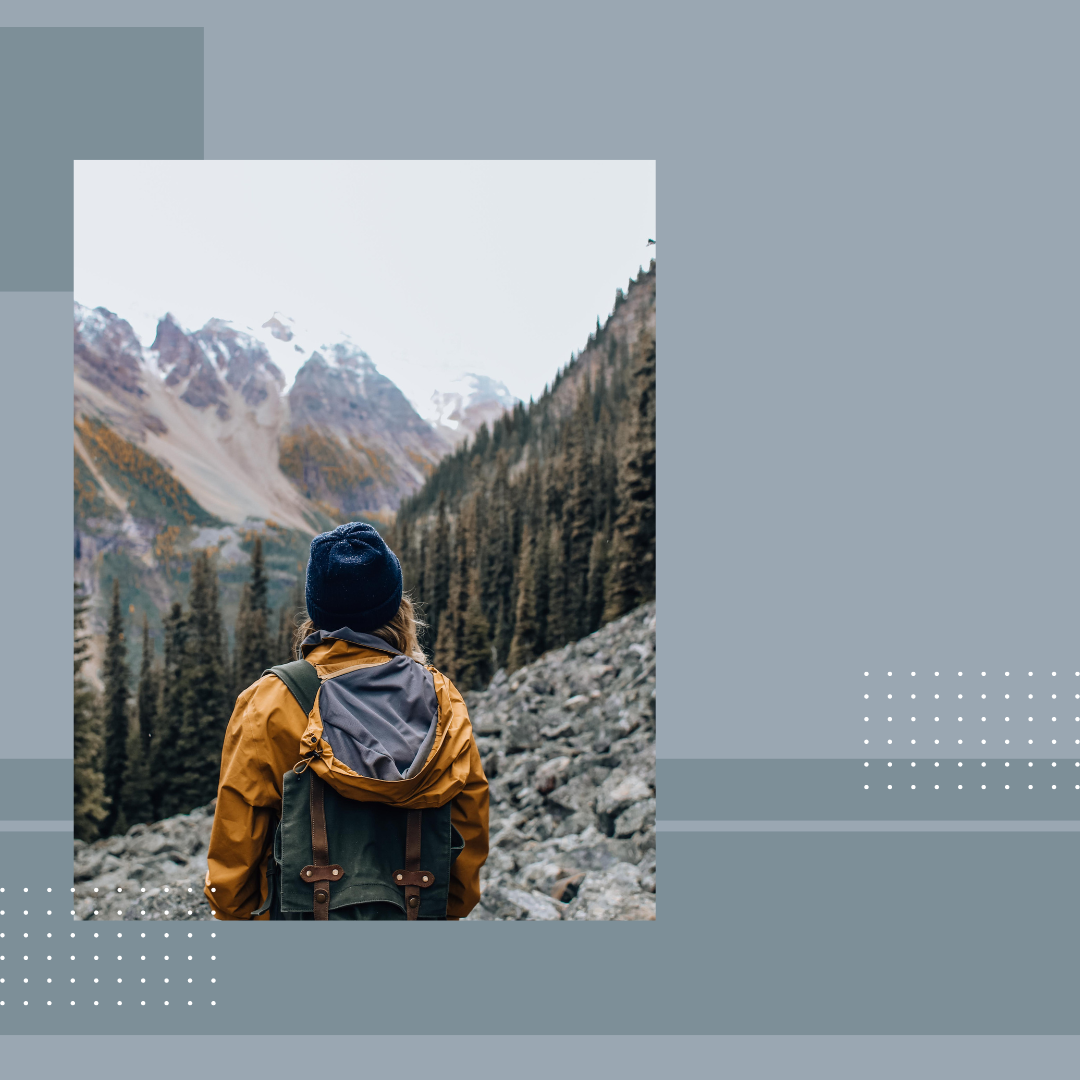Coping with Rising Stress: Is Minimalism the Answer?
A Stressed Nation
It’s no secret—life feels more stressful than ever for many Canadians. In fact, a recent survey from November 2023 revealed that 40% of Canadians are feeling more stressed now than just a year ago. Even more concerning, over half (58%) noticed that stress rising in the people around them. It’s a ripple effect, and it’s getting harder to ignore (Narrative Research and Logit Group, 2023).
So, what’s going on? The numbers paint a clear picture: perceived life stress among adults aged 18 to 64 has climbed above 20%, with those between 35 and 49 seeing an increase from 27.8% to 28.4%. For many, significant—or even extreme—stress is a part of daily life (Statistics Canada, 2023).
One major culprit? The skyrocketing cost of living. Canada now holds the unfortunate title of being the most indebted nation among the G7 countries, with household debt sitting at more than 180% of disposable income (Statistics Canada, 2024). For many, especially those in big cities, it feels like navigating a never-ending financial storm. Even if you’re “managing,” the constant pressure to stay afloat can wear you down. High housing costs, once seen as a boon for homeowners, now only add to the anxiety—even for those who seem financially secure (Ashmita et al., 2024).
Turning Stress into Simplicity
But here’s something worth considering: amid the financial turbulence, there’s a growing movement of people who are flipping the script. The rising popularity of minimalism shows that sometimes the answer isn’t to do more—it’s to do less. Minimalism isn’t just about cutting down on stuff; it’s about intentionally focusing on what truly matters and finding the courage to let go of the rest (Jain et al., 2023).
You’ve probably seen the documentaries or read the blogs. More people are opting out of conventional lifestyles and choosing tiny homes, RVs, or even van life as an alternative to high-stress, high-cost living. And it’s not just a trend. Research shows that adopting a minimalist lifestyle can reshape your financial habits—from how you save to how you spend—while also boosting your overall financial security (Jain et al., 2022; Meissner, 2019). Even better? Minimalism has been linked to improved well-being, both mentally and emotionally (Cappetto, 2020; Lloyd & Pennington, 2022).
Rethink, Reshape, Recharge
So, if you’re feeling the world’s weight on your shoulders, maybe it’s time to rethink how you live. Minimalism offers a fresh perspective that could lighten your mental load, help you live more meaningfully, and ease financial pressure. And in today’s high-stress world, that shift could be life-changing.
As someone deeply interested in the science behind minimalism, I’m on a journey to explore this lifestyle and its impact on our well-being through academic research. I’ll share my findings through this blog, and I’d love to hear from you! Since minimalism can look different for everyone, I’m curious to learn from your experiences.
Feel free to share your thoughts in the comments below:
Are you feeling more stressed than a year ago?
What’s your understanding of minimalism?
Have you considered embracing the minimalist lifestyle?
Let’s start the conversation. Together, we might just discover a simpler, more fulfilling way forward.
References
Cappetto, M. (2020). The Impact of Minimalism on Health and Relational Satisfaction: Understanding Minimalism Through a Medical Family Therapy Lens. ProQuest Dissertations Publishing.
Grewal, A., Hepburn, K. J., Lear, S. A., Adshade, M., & Card, K. G. (2024). The impact of housing prices on residents’ health: a systematic review. BMC Public Health 24, 931. https://doi-org.libproxy.wlu.ca/10.1186/s12889-024-18360-w
Jain, V. K., Verma, H., Gupta, A., & Kumar, P. (2022). The Pursuit of Less: Embracing Minimalism as a Way of Life. International Journal of Social Ecology and Sustainable Development, 13(1), 1–19. https://doi.org/10.4018/IJSESD.306265
Jain, V. K., Gupta, A., & Verma, H. (2023). Goodbye materialism: exploring antecedents of minimalism and its impact on millennials well-being. Environment, Development and Sustainability, 1–27. https://doi.org/10.1007/s10668-023-03437-0
Lloyd, K., & Pennington, W. (2020). Towards a Theory of Minimalism and Wellbeing. International Journal of Applied Positive Psychology, 5(3), 121–136. https://doi.org/10.1007/s41042-020-00030-y
Meissner, M. (2019) Against accumulation: lifestyle minimalism, de-growth and the present post-ecological condition. Journal of Cultural Economy, 12:3, 185-200, DOI: 10.1080/17530350.2019.1570962
Narrative Research, M., & Logit Group, S. (2023, December 12). Canadians are experiencing stress to a greater extent than a year ago and noticing it among others as well. Narrative Research. https://narrativeresearch.ca/canadians-are-experiencing-stress-to-a-greater-extent-than-a-year-ago-and-noticing-it-among-others-as-well/


